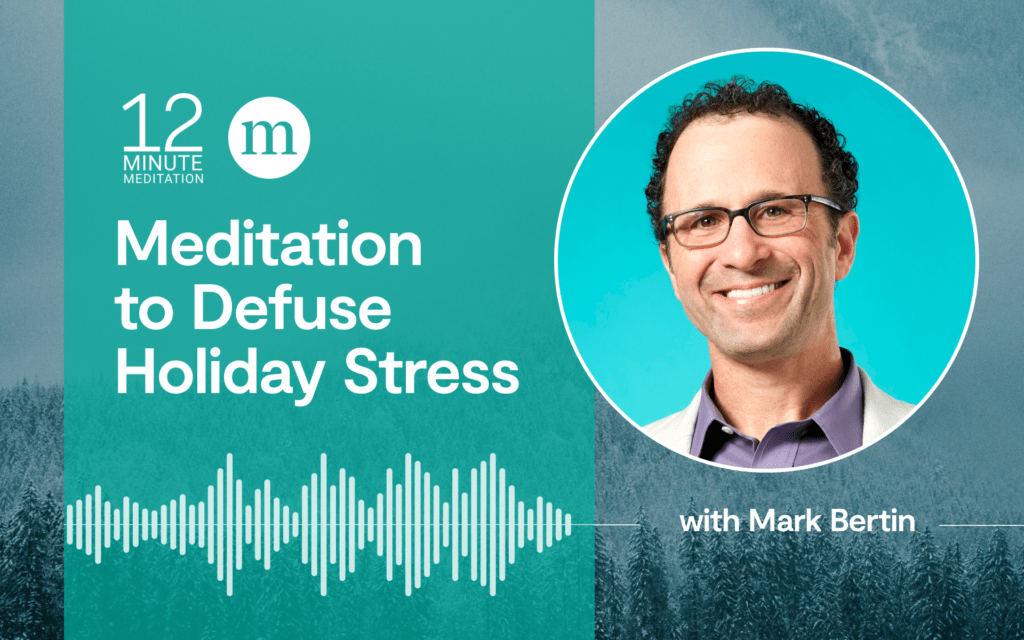“Unyoking” ourselves from emotions – Wildmind


Emotions are a really historical a part of us. They’re evolution’s first try at thought. Whereas conceptual thought takes place within the thoughts, emotions happen within the physique. Whereas ideas are generally primarily visible and auditory representations of exterior occasions, emotions are kinesthetic representations of sensations. So we speak about having a heavy coronary heart, as if sorrow is a burden we bodily carry, or really feel a dropping sensation once we’re upset, like a tree-dwelling primate discovering {that a} department is not going to bear its weight, or we really feel heat towards somebody, as if we had been bodily involved with them. (I think that almost all, if not all, our emotions mimic precise risks and advantages our early ancestors encountered.)
Emotions, like ideas, are interpretations of actuality slightly than actuality itself. Emotions are supposed to point out whether or not issues we understand are potential threats, advantages, or are neither. When the thoughts has interpreted one thing as a possible risk, our emotions are disagreeable. This motivates us to withdraw, freeze, battle, or push one thing away. When the thoughts considers one thing to be a possible profit, we have now nice emotions, which encourage us to maneuver nearer, or to carry on. When one thing appears to don’t have any relevance to our well-being, we really feel nothing. We often ignore issues that fall into this class.
Additionally see:
Though each ideas and emotions are inside displays created with a purpose to assist us navigate life, emotions are sometimes rather more efficient motivators than their extra just lately advanced cousins, ideas. What emotions lack in subtlety, they greater than make up for in brute drive. Have you ever ever tried getting somebody to style a brand new meals, they usually simply gained’t do it? “Do that,” you say, “it’s scrumptious!” Your buddy, their expression someplace between skeptical and disgust, refuses. You strive once more, “Actually, that is fantastic! You could strive it!” Your buddy is unmoved, as a result of your phrases carry virtually no drive in comparison with the sentiments they’re within the grip of — emotions that inform them to not danger making an attempt one thing they may not like. Our emotions act like they’re our boss, and we are inclined to go together with them, assuming that we’re their servant.
Sadly, being a part of our historical wiring, emotions aren’t essentially very smart in relation to directing our actions. We regularly keep away from doing issues which can be good for us, as a result of our emotions point out that one thing dangerous will occur if we do. Consider the important cellphone name you retain laying aside. Despite the fact that intellectually that there might be disagreeable penalties from the delay, your coronary heart sinks when you consider it, and your resistance is like working right into a brick wall). We additionally do issues regardless of understanding they’re dangerous for us, as a result of our emotions inform us they’re helpful. Consider “consuming your emotions.”
(Generally our emotions could be very smart certainly, although. You may have a sense that somebody is to not be trusted, despite the fact that you possibly can’t pinpoint why. Such a sense can save your life.) A considerable a part of our religious follow includes studying to not let our emotions be our boss, however as an alternative to studying to see them as advisors whose recommendation could also be good or dangerous, and that we will choose or select from.
The Buddha talked in regards to the unwise particular person turning into emotionally reactive as a result of they’re “yoked” (saññutta) to their emotions. They don’t expertise any sense of separation between their sense of self and the sentiments they expertise. And that is how we’re more often than not once we react to different individuals with anger, hatred, or contempt — when our love fails. We’re yoked to our emotions in order that after they go a technique, so will we. In an effort to disengage from unskillful feelings in direction of others, we can provide our emotions house, observe their impermanence, look so intently at them that we begin to see them as insubstantial, and interact in “inventive reductionism” in order that we merely see them as nice and ugly. However seeing them as not being a part of us is one other very highly effective method that may enable us to maneuver from battle, to peace, and thence to like.
Think about a blue sky. In it, because of the prevailing climate situations, step by step seems a single, white cloud. When you watch the cloud rigorously you’ll see that it’s continuously altering form, evolving, dissolving in some locations and materializing in others. After a time, the cloud dissolves utterly, and we’re left as soon as extra with a transparent blue expanse. We will see this for example of impermanence, however we will additionally ask the query, “Was the cloud intrinsically a part of the sky?” After all it wasn’t. The sky was there earlier than the cloud appeared, and remained after the cloud had gone. Even when the clouds utterly obscure the blue for some time, they’re by no means actually a part of the sky.
It’s simply the identical with our emotions. They seem when situations are proper. They continuously change whereas they’re in existence. Finally, they move away. But your being—an ever-changing and indefinable stream of materiality, power, feeling, thought, and emotion—stays. The sensation was by no means an intrinsic a part of you. It was only a momentary phenomenon, ever-changing because it handed by means of you on its approach from non-existence to nothingness.
We will see that our emotions don’t even come up completely in dependence on ourselves. As an alternative, they outcome from the assembly of whatever-it-is-we-are with the world. They’re co-creations of “self” and world. (Sure, emotions can come up from our ideas, however our ideas are in flip derived from, and are representations of, the world.)
Emotions usually are not consciously created. You don’t make them occur. They arrive from historical elements of the thoughts which can be inaccessible to aware consciousness, and they’re merely acquired. You are feeling emotions in the identical approach as you hear sounds: they’re delivered to you.
Neither can you’ll them out of existence. You may’t merely dispel despair or nervousness by saying, “Begone, undesirable feeling!” How can one thing that you just obtain, and may’t management, be “you”? That is what the Buddha was speaking about when he stated:
Type will not be your self. For if kind had been your self, it wouldn’t result in affliction. And you can compel kind: ‘Might my kind be like this! Might it not be like that!’ However as a result of kind will not be your self, it results in affliction. And you’ll’t compel kind: ‘Might my kind be like this! Might it not be like that!’
Emotions being insubstantial, there’s nothing there for us to carry onto. We will name them “our” emotions however we will by no means possess them. How can one thing we will by no means maintain onto be “us”?
Speaking or studying about all that is one factor. Possibly it’s puzzling. Possibly it’s irritating. Possibly it provides rise to emotions of resistance. The factor is, this can be a follow. It’s not an mental train. The purpose is to follow observing. Get beneath your intellectuality, and see what’s actually there. Be aware.
Observe emotions as objects of consideration. Let your self discover their coming-into-being and their going-out-of-being. Discover how you don’t select them, and the way as an alternative they merely come up. Unyoking your self from them, discover the way you would not have to go within the course they’re making an attempt to take you. An disagreeable feeling doesn’t have to make you react with aversion, nor does a nice feeling have to guide you into craving or greedy. Your emotions are recommendation, not instructions. You don’t must allow them to be your boss. Let your emotions be, and stay free.
Lastly, as you observe emotions you possibly can remind your self, because the Buddha suggested many occasions, “This isn’t mine, I’m not this, this isn’t my self.” This can be a highly effective but underused instrument.
The factor is to maintain trying, observing, reflecting. That is our follow. If we try this, then we are going to begin to acknowledge that our emotions — and every part else that makes up whatever-this-is — usually are not ours, not us, not who we’re. Then we’re a step nearer to awakening. We’re a step nearer to dismantling this impediment that’s our perception in a separate self. We will disentangle ourselves from the anger, hatred, resentment, and contempt that trigger our like to fail. We will return to loving, and as we accomplish that we will understand that others, caught up in delusion, are yoked to their very own emotions, and we will need that they be free as nicely.
Once we free ourselves, we naturally wish to free others.



